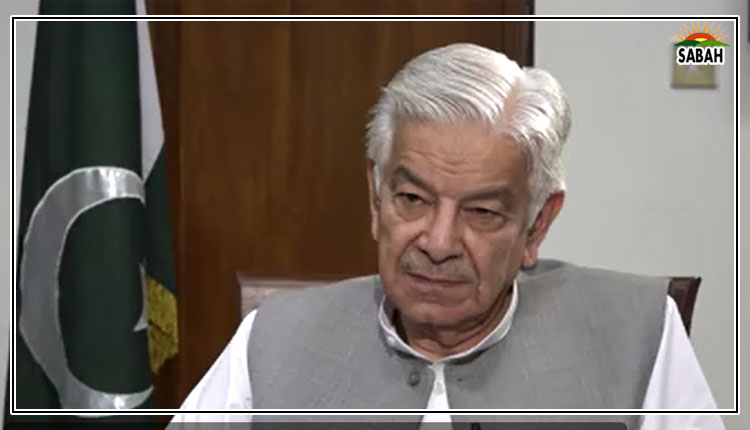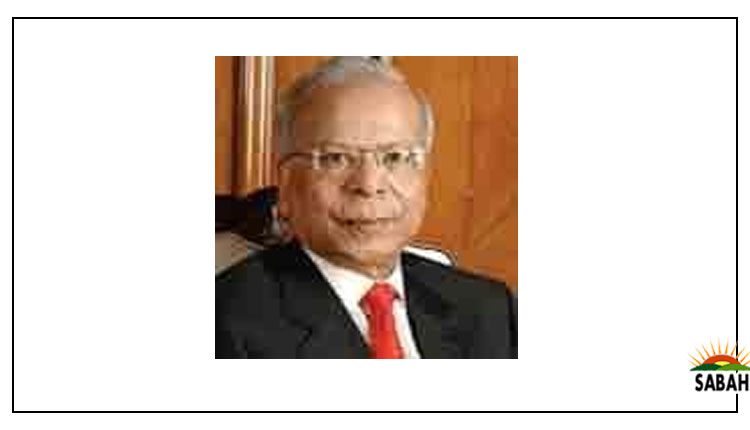Governance for local government: Part – IV By… Ishrat Husain
The rules of business have to be changed accordingly. It would be imperative that the chief executive officers of metropolitan corporations and large district councils are appointed from among Grade 21 and 22 officers of the Pakistan Administrative Service and the provincial executive services.
After all, the chief secretaries of the provinces are at present selected from this pool of officers. There is no reason why officers of the same caliber and status should not be utilized at the local government level. We have to invert the pyramid of hierarchy between the three tiers of the government.
The district governments will have the exclusive powers to manage and operate primary and secondary education up to matriculation. Examination reforms have to be carried out to bring the standards of various boards at par. Management and teaching cadres should be separated and the career paths for the two cadres would not discriminate against the teachers. Curriculum at all tiers from school to higher education should be developed at the national level jointly by the federal and the provincial governments.
To bring about coordination and ensure uniformity in standards of public, private and not-for-profit schools, a District Education Board should be established in each district. The board will consist of people of note that enjoy a good reputation in their communities and will have the district education officer as the secretary to the board. The board will be assisted by school management committees which will be empowered to oversee the school’s functioning. Head teachers will enjoy more administrative authority in running the schools and disciplining teachers and arranging inspection of schools periodically.
To provide financing for talented students to pursue their studies at top institutions in the country, endowment funds at the provincial levels should be topped up every year out of the budget. Student vouchers or stipends should be available to meritorious children from poor families to attend private schools of their choice. Private-public partnerships in the form of ‘Adopt a School’ programmes should be encouraged and given incentives. To promote increased female enrollment at primary schools, only women teachers are employed whenever possible.
Science, mathematics and computer literacy courses should be introduced right from the middle school level equipped with networks, internet connectivity and laboratories. To attract out-of-school children, both modified formal schooling without age restrictions and vocational and technical training streams should be offered.
Most of the problems in healthcare delivery arise not from financial constraints but due to poor management practices. The health management cadre should, therefore, be separated from teaching and service providers in each province and the federal government. Only those with aptitude should be recruited as health managers and trained at the national and provincial health academies. District, teaching and other specialized hospitals should have their own autonomous board of directors and should be given autonomy in administrative, financial, legal and human resource matters.
Health manpower development, particularly in the nursing and paramedical professions, allied health sciences require urgent attention for quality and volume increase. The health regulatory framework should be made more effective and also set up at the provincial level. Drug regulatory authorities should fix the prices of the essential drugs according to the WHO list and allow markets to determine prices of the remaining drugs. They have to focus on quality assurance and standards, consumer protection and avoidance of collusion. Pay scales for health professionals should be separated from the national basic pay scales. Monitoring committees that visit education and health facilities with the powers to resolve problems had proved successful in the previous period and should be reconstituted and given full support and resources.
There is almost a consensus that the law and order and security problems that have worsened in recent years have arisen due to inefficiency, corruption and politicization of the police force. The original Police Order 2002 had been compromised by amendments that weakened the functioning and accountability of the police. Legislative amendments and revised disciplinary rules are needed to allow police officers to perform their duties in accordance with the police order and to remove the discretionary powers of politicians in postings and transfers, a powerful tool that has created the present state of indifference, inefficiency and unresponsiveness on the part of police officials.
The reversal to the Old Police Act after 2008 has, in fact, aggravated the situation as the police have become highly politicized. The police force should not fall under the purview of the Civil Servants Act (except those belonging to the Police Service of Pakistan) as it impedes internal accountability. Disciplinary rules should be framed under the Police Order. The provincial police office should be organized along functional lines and powers should be delegated to the lower tiers.
Urban police stations should be merged, upgraded and headed by a directly recruited officer of Grade 17 with full responsibility for Watch and Ward, Investigation and Operations. Training, allowances, mobility, logistics support, lodging and boarding, medical facilities and welfare of the police force fall short of their requirements and create demoralization, too. These should be reviewed and strengthened. Traffic police in all large cities should be organized and operated on the lines of the Motorway Police. Forensic labs and digitalized central databases should be established in each province.
Land records as maintained by the patwari are the single largest source of disputes and litigation in the country. Attempts to create a digital database of land records have remained halfhearted except in Punjab where some progress was made but reversed recently by reinstating the patwar system. Land revenue assessment and collection, adjudication and dispute resolution, maintenance and update of land records should remain under the district government. The patwari should be replaced by a qualified revenue assistant and recruited through the provincial Public Service Commission. The Colonisation of Government Lands Act 1912 should be revised for better and transparent allocation and utilization of state land. Conversion of fertile and irrigated agriculture lands into housing schemes should be discouraged.
The above system of governance, if implemented faithfully rather than superficially to appease the existing beneficiaries of the present status quo, would have large collateral benefits . First, it would minimize the level of despondency and dissatisfaction with the government as the citizens are able to access the basic service at the grassroots level. Second, the decision-making process would bring about efficiency in resource allocation, cost effectiveness and greater response to the specific needs of the particular villages and towns.
Third, it would enable the political parties to be a training ground for a critical mass of political leaders to acquire hands-on experience for shouldering responsibilities as future provincial and federal ministers. Fourth, it would promote political inclusion and deter dynastic politics by providing representation to marginalized and excluded groups such as women, minorities, peasants and labour, professionals and experts in the governance structure. Fifth, the present reluctance and hesitation to pay taxes, user charges and fees would be overcome as the use of these resources for the benefits of the taxpayers would be perceptible and determined by the representatives of those communities rather than by remote centralized levels of government.
To sum up, the flaws identified from 2001-09 experience can be removed by: one, having directly elected nazims for all local government layers contested by political parties. Two, devolving administrative, legal and financial powers for full control of 10 departments that ought to be devolved to the local governments. Three, fiscal decentralization subject to audit by the auditor general of Pakistan with enhanced powers of policy, assessment, surveys; exemption and enforcement of the taxes assigned to this tier.
Four, establishing the office of the deputy commissioner as representative of the provincial governments and neutral arbiter for citizens grievances with powers, inter alia, to supervise the implementation of Performance agreements between the provincial and local governments and coordinate between them. And finally, conferring control on establishment, salaries and wages, and the whole value chain of human resource policies and operations.












